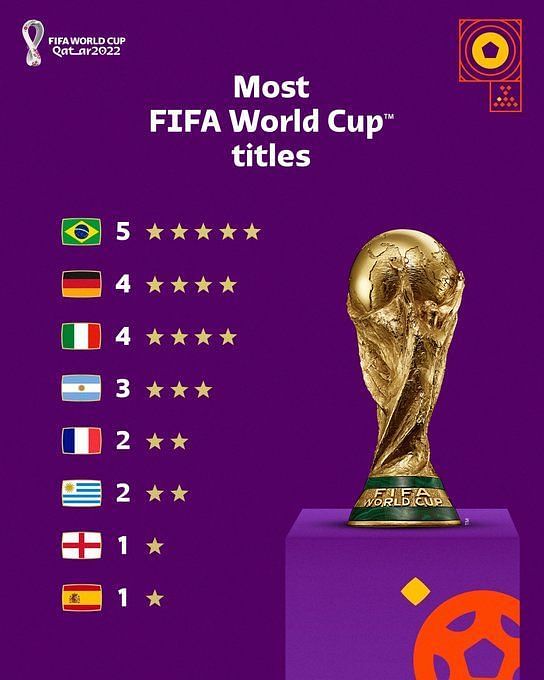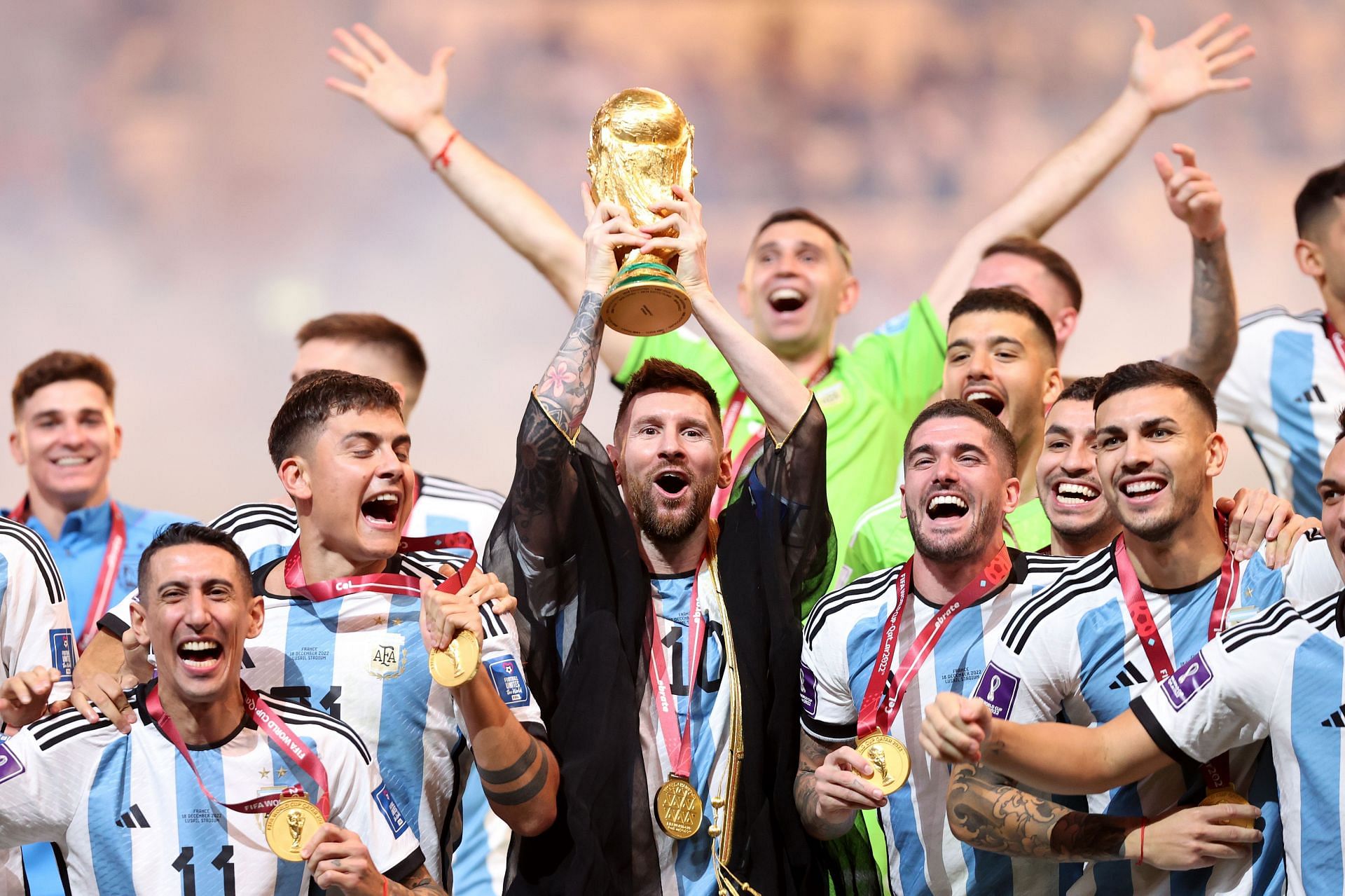
Lionel Messi the sporting success in FIFA's corporate World Cup
The 2022 FIFA World Cup will forever be remembered and defined by Lionel Messi.
From the moments of individual brilliance to the iconic trophy-lifting images, the tournament played out like a Hollywood movie for the Argentine genius. Messi cemented his GOAT status on the same platform that had elevated the late, great Diego Maradona to sporting and cultural immortality.
However, take away the Lionel Messi story from those four weeks in the desert, and what are you left with?
The controversy surrounding Qatar's successful bid will forever be etched into the annals of FIFA history and the background to the changing of the guard as Gianni Infantino succeeded Sepp Blatter.
Controversy reigns
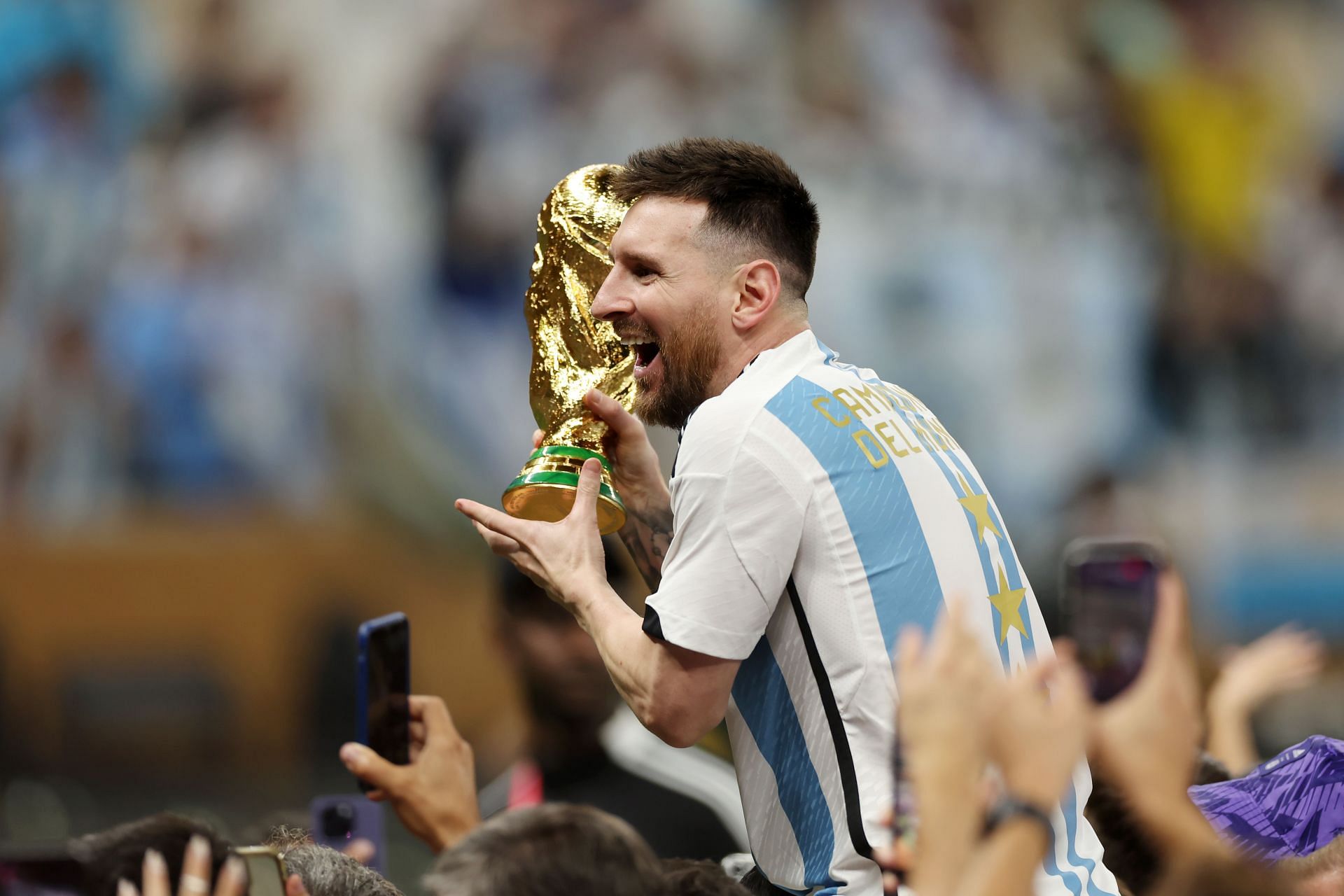
The merits of awarding Qatar the tournament have filled millions of column inches across the world for over a decade, and the publicity has rarely been positive.
The World Cup is FIFA's cash cow. It's the one tournament that generates billions of dollars in profit. Its success will lead to its expansion from 2026, and when it cannot be expanded any further, motions will be put in place to reduce the four-year wait between tournaments.
More football means more money. It's a complex process but a simple bottom line. The increased margins negate the increased risk of saturation.
Before kick-off of each and every game of the World Cup, the natural atmosphere of the fans in the stadium was drowned by the sound of Tiesto's track 'The Business'.
FIFA World Cup in Qatar was a success but at what cost?
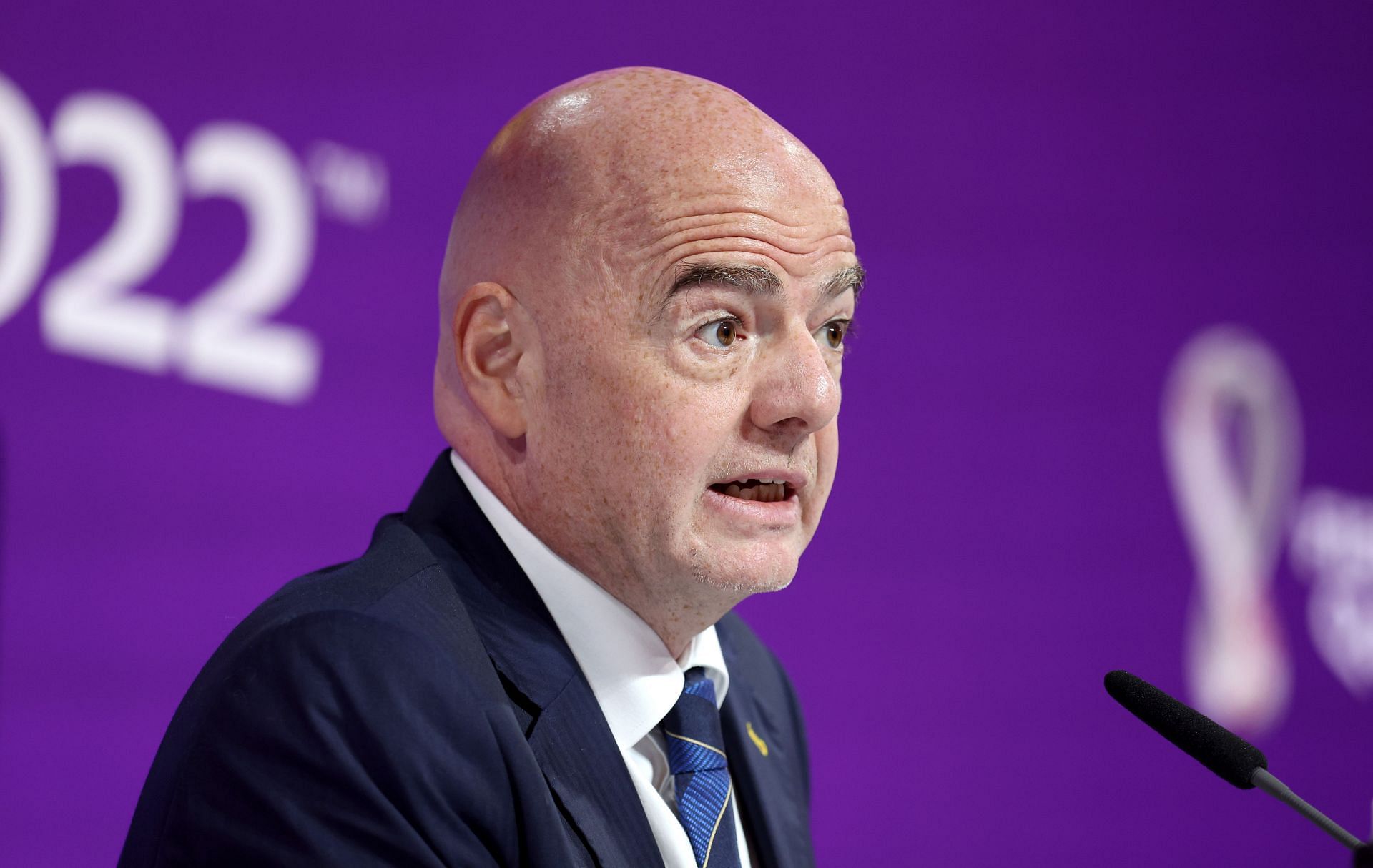
This World Cup emphasised more than any other that the beautiful game at this level was a business. Getting down to it in the build-up to every game served as an audible and timely reminder of this deflating fact.
Of course, the riches of the tournament are shared with national associations of the world, and much good has come from the large fortunes generated. But the game was built on sporting merit, not balance sheets. Without the sporting element, the very essence of what brought us to this point would be lost. Lionel Messi delivered for Argentina, for FIFA and for football as a whole in this regard.
In the Western world, deeper issues surrounding all manner of human rights issues dominated the pre-tournament press. American football (soccer) journalist Grant Wahl was an outspoken figure in this regard.
His untimely death during the quarterfinal between Argentina and Netherlands was a heartbreakingly sad moment for so many people, which put the entire competition into perspective.
A platform for cultural recognition

Qatar were desperate to use the opportunity to portray a positive image of their country and their culture across the world.
The attention highlighted controversial issues, even down to the final act when Lionel Messi was dressed in a traditional bischt by the Emir of Qatar, Tamim Bin Hamad Al Thani. It was a symbol of honour and respect that was not immediately well translated throughout the rest of the world without further explanation.
The World Cup served to highlight many cultural differences. However, the brilliant final produced by deposed holders France and Argentina restored faith for many fans who had become disinterested in political debates and discussions that had preceded the tournament since the decision to award the World Cup to Qatar in 2010.
While many believed that taking the World Cup to Qatar would accelerate change to more generally accepted ideals, for the hosts there was a desire to agree to disagree and move on with making the tournament as successfully as possible.
The controversial speech from FIFA president Gianni Infantino on the eve of the opening game did little to divert attention from the issues in question. That was further compounded by the armband controversy that overshadowed the opening round of games for some nations. But one of the most-controversial World Cup tournaments in history eventually produced the best ever final.
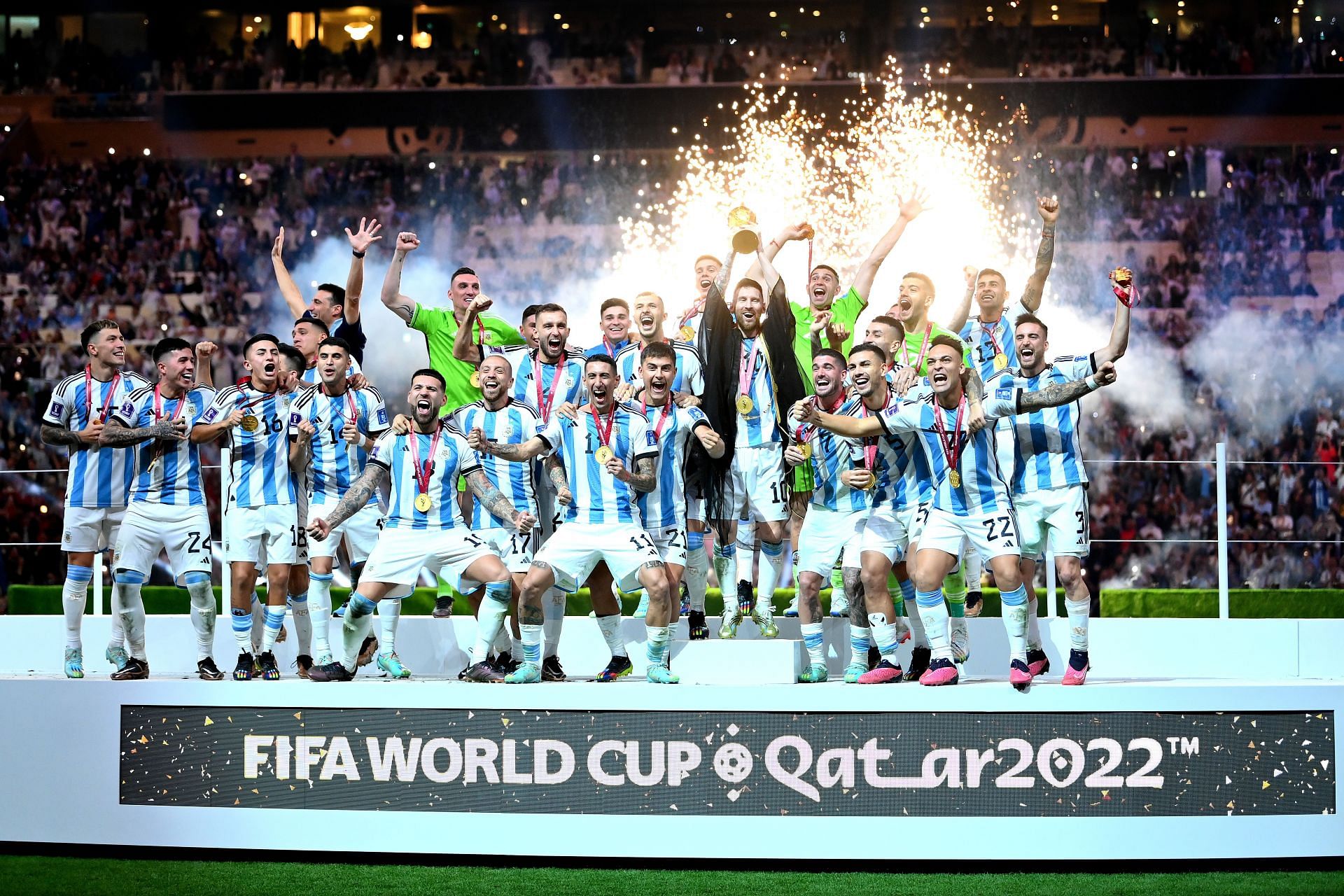
The head-to-head battle between Lionel Messi and Kylian Mbappe did not disappoint, as the duo scored five of the six goals between them.
Meanwhile, the drama of the penalty shootout to decide who would emerge as world champions produced the ultimate dramatic climax.
FIFA and a Middle Eastern future
There's no doubt that FIFA will continue to deliver more tournaments in the Middle East, and the same controversies will form the narrative each time. This is what football at the very highest-level has now become.
The proposed revamp of the Club World Cup from 2025 will be a significant step in FIFA challenging the UEFA Champions League and attempting to emulate its success. The Middle East will be a favourite to host what could be a pivotal event.
However, regardless of the event, football and its sporting beauty must remain the overriding factor. The fact that the tournament in Qatar will be defined by Lionel Messi over all the issues and controversy that surrounded it speaks volumes of the power of the game.
No other individual achieving that success could have produced the same emotion, and these are the moments that cannot be sold to the highest bidder.

